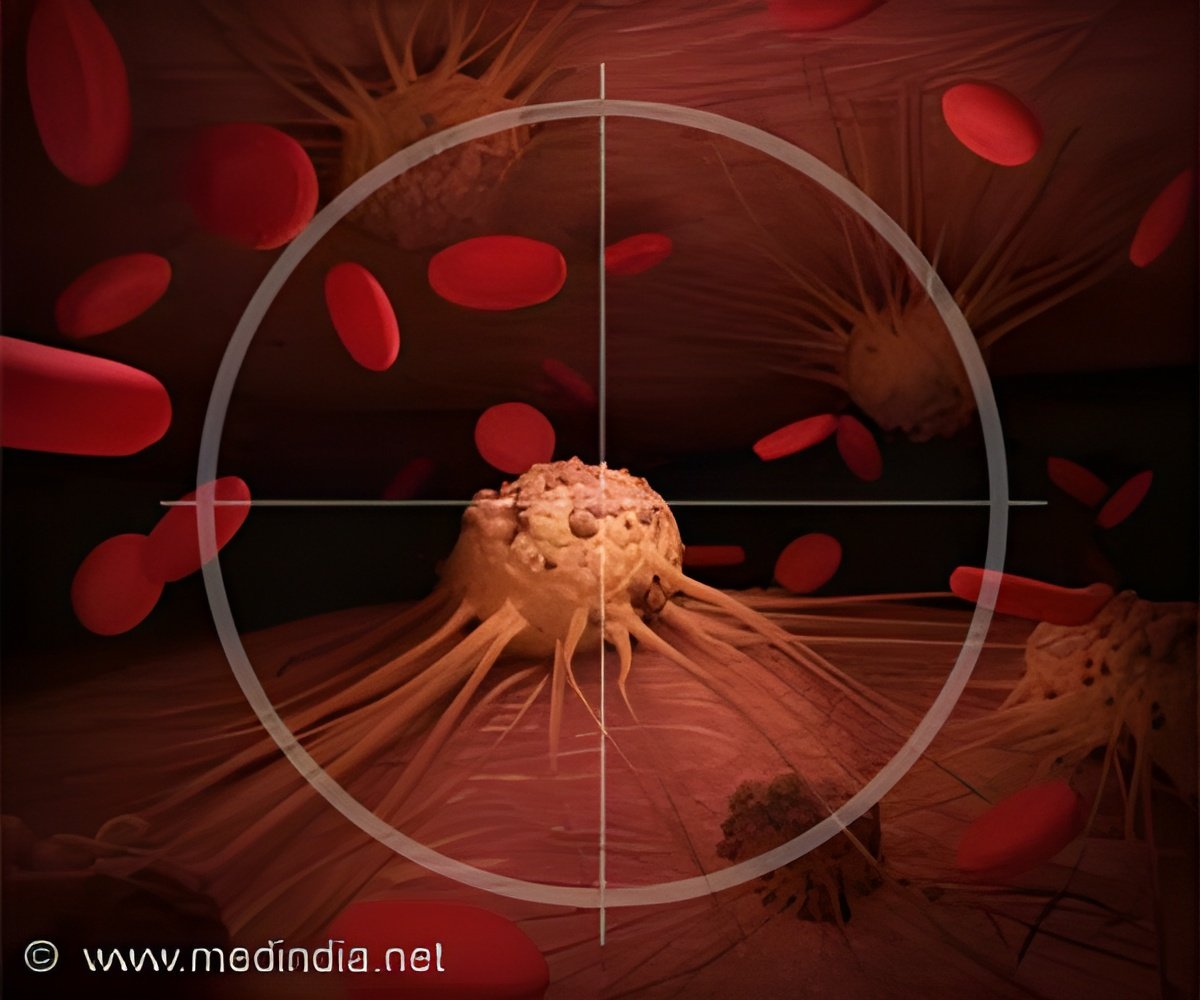
‘Alpha-ray missile therapy attacks tumor or cancer cells from the intracellular region.’
Tweet it Now
A cancer-specific L-type amino acid transporter 1 (LAT1) is highly expressed in cancer tissues. Inhibiting the function of LAT1 is known to have anti-tumor effects, but there has been limited progress in the development of radionuclide therapy agents targeting LAT1. The study has established a targeted alpha-therapy with a novel drug targeting LAT1.
Targeted alpha-therapy selectively delivers α-emitters to tumors; advantages of alpha decay over conventional β-therapy are highly targeted, the high linear energy transfer causes double-strand breaks to DNA, effectively causing cell death, and the short half-life and limited tissue penetration of alpha radiation ensure high therapeutic effects with few side-effects to surrounding normal cells.
The researchers attached the radioisotope to α-Methyl-L-tyrosine, which has a high affinity for LAT1. This exploits the increased nutrient requirements of rapidly multiplying cancer cells.
"We found that 211At-labeled α-methyl-L-tyrosine (211At-AAMT) had high affinity for LAT1, inhibited tumor cells, and caused DNA double-strand breaks in vitro," reports Associate Professor Kazuko Kaneda-Nakashima, lead author.
Advertisement
Professor Atsushi Shinohara, senior author, explains, "We could establish the efficacy of 211Astatine in the treatment of cancer including advanced and metastatic malignancies, as well as the utility of the amino acid transporter LAT1 as a vehicle for radionuclide therapy."
Advertisement
This approach has immense potential to revolutionize radionuclide therapy of pancreatic cancer and other malignancies that lack effective treatment, including advanced or metastatic disease.
Source-Medindia















